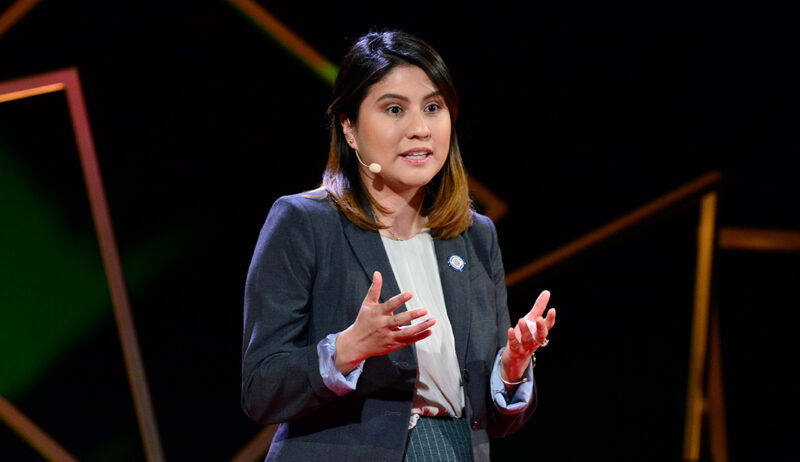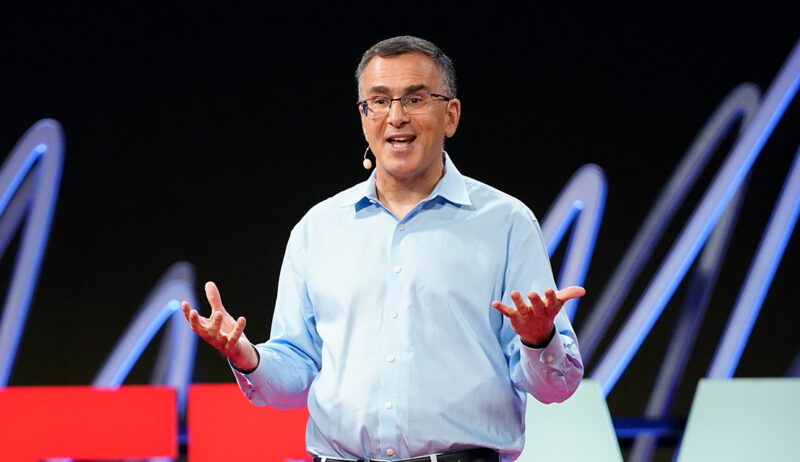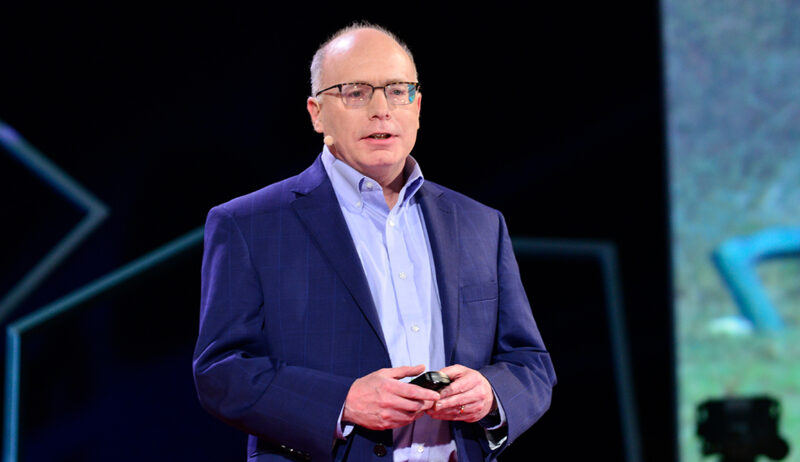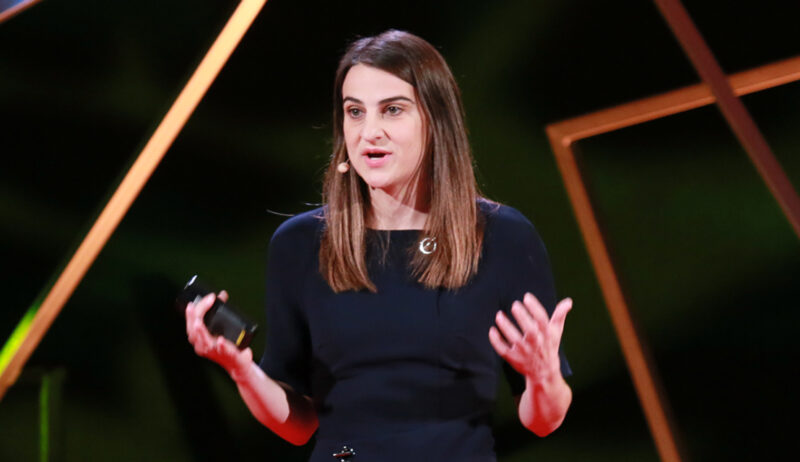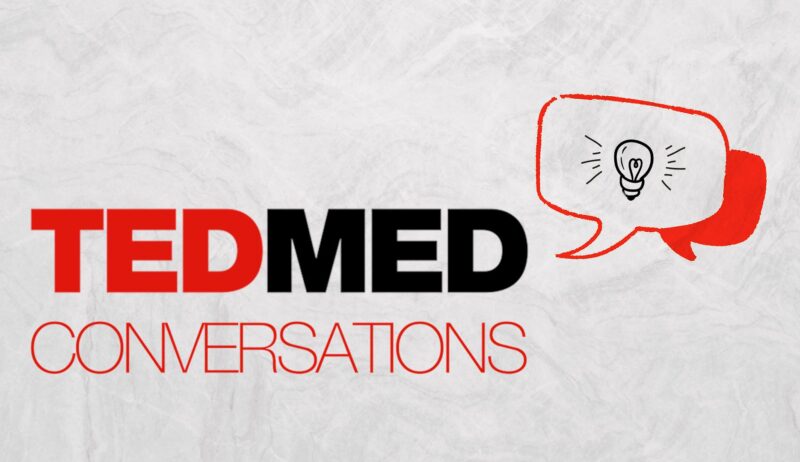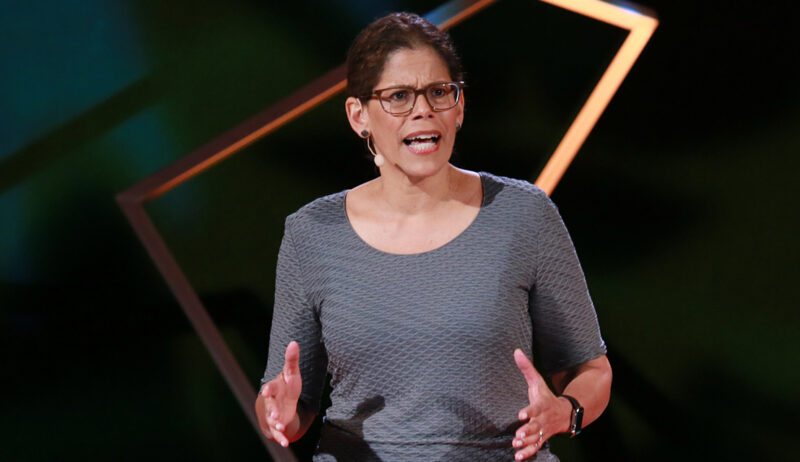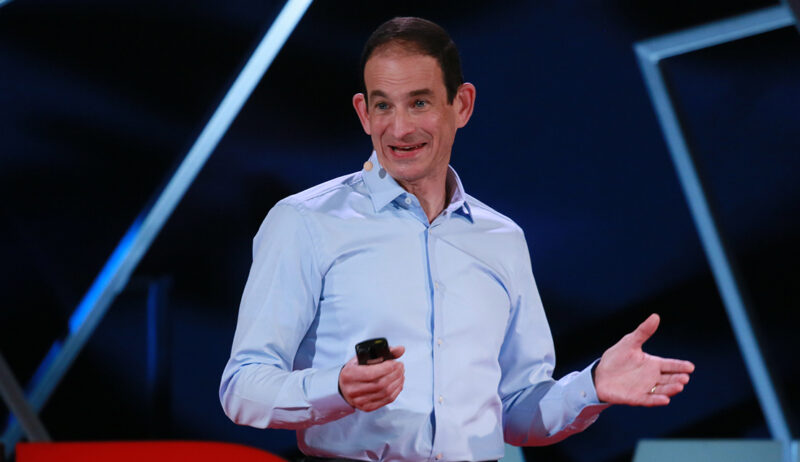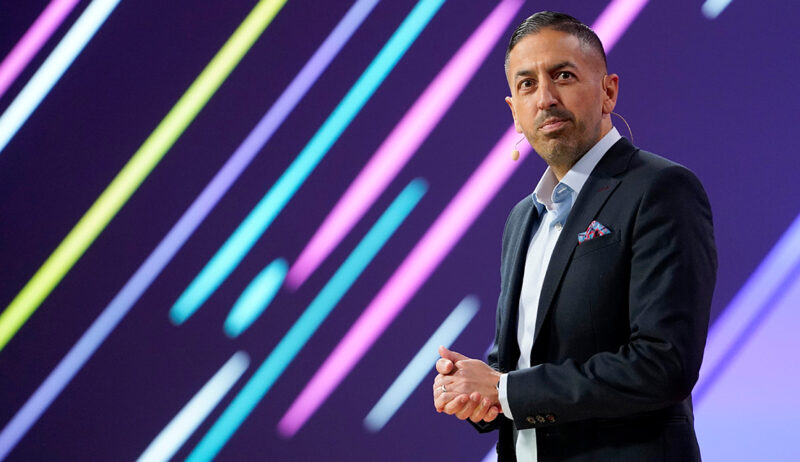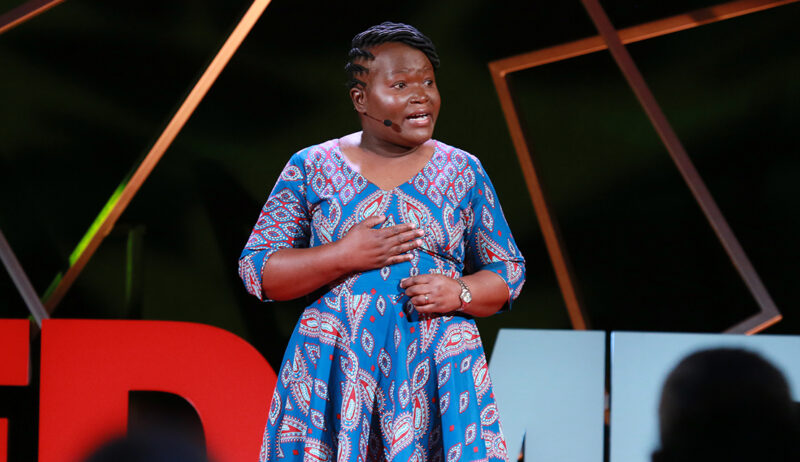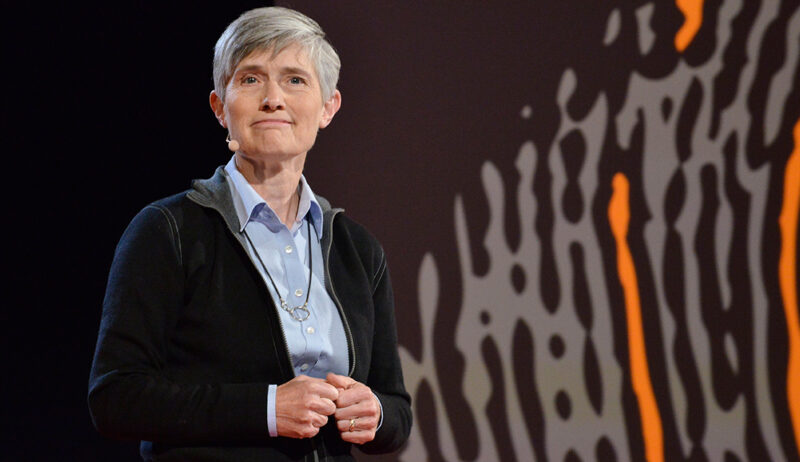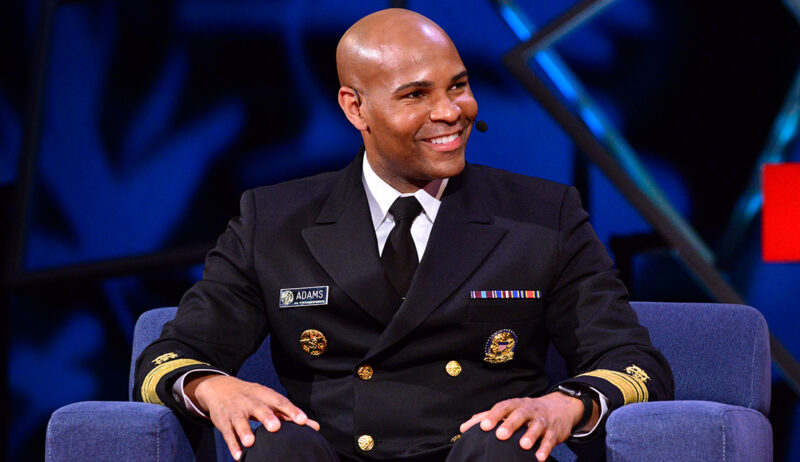About this talk
The difficulties low-income patients have when trying to receive healthcare can be easily overlooked. Katz points out the many assumptions healthcare in the United States makes—that patients can take off of work in the middle of the day to get care, can speak English, are literate, have enough food, have a home with a refrigerator, a bathroom, and a bed where they can sleep without worrying about violence while they are resting. As he says, “Healthcare is built on a middle-class model that often doesn’t meet the needs of low-income patients. That’s one of the reasons why it has been so difficult for us to close the disparity in healthcare that exists along economic lines despite the expansion of health insurance under the ACA.”
Having run the safety net programs in many of the country’s largest cities, Mitchell Katz has dedicated his career working to improve health outcomes for some of the most vulnerable patients in urban settings. Watch Mitch’s TEDMED 2018 talk, “What the US health care system assumes about you” to learn more about his work to eliminate the effects of economic disparities in healthcare and find ways to meet all patients on their own terms.
About Mitchell H. Katz
See more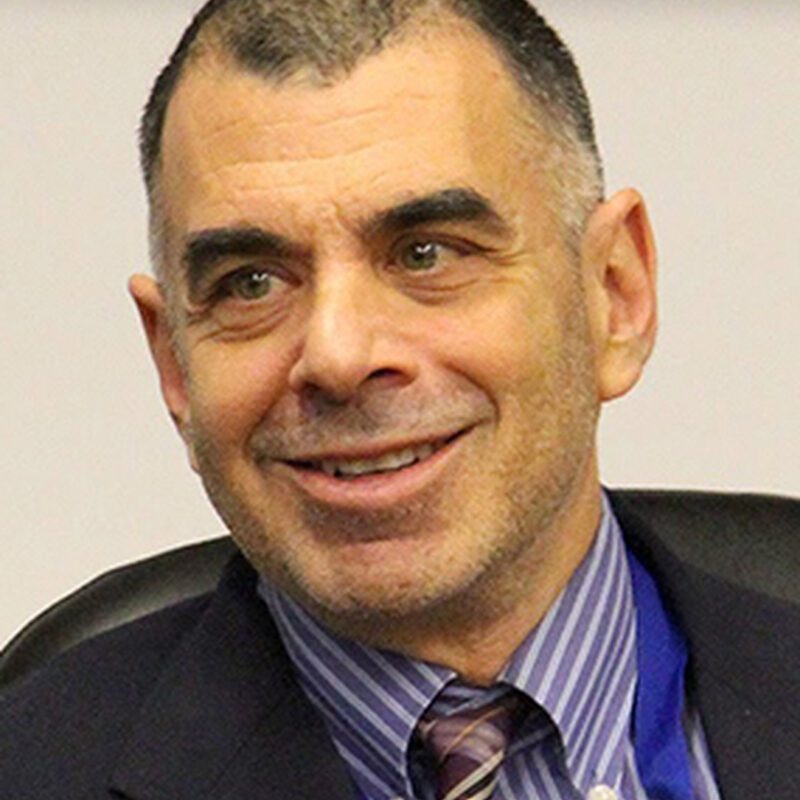
Mitchell H. Katz is a public health physician and administrator who has spent his career improving health care for vulnerable populations in urban areas. He is currently the president and CEO of NYC Health + Hospitals, the largest public health system in the United States. Since his appointment in 2018, Mitch has led major transformations, including the development of NYC Care, a program that provides universal health care access to uninsured New Yorkers. He also led the system’s response to the COVID-19 pandemic, expanding hospital capacity and leading the city’s testing and vaccination efforts. He’s credited with turning the system’s finances around by increasing revenue and reducing its deficit. Before his work in New York, Mitch held a similar position as the director of the Los Angeles County Department of Health Services, the nation’s second-largest public safety-net system. There, he successfully eliminated a major deficit and moved thousands of patients with complex medical needs from hospitals into independent housing, which saved money and improved their quality of life. He is an elected member of the National Academy of Sciences and is also Deputy Editor of the academic journal JAMA Internal Medicine.
